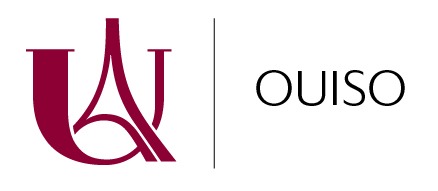MINWEB – City of Paris (Programme Emergence)
Link to the programme’s website : https://www.ceped.org/fr/projets-acheves/article/minweb-minorites-identites?lang=fr
• Scientifique director : Lafay Marina (Center Population and Development, CEPED)
• Description :
Although it is now well developed in the North, the theme of digital identity (Georges 2009) and dialogical production via the web remains an under-investigated subject in other continents. Yet the recent events of the Arab Spring have raised questions about the use of NICTs in political conflicts over the dissemination of information (Gonzalez-Quijano, 2012).
The communicational approach and the anthropological approach each benefit from knowledge and tools for tackling this theme, one on the communication process and interactions mediated by the Internet, the other on the way in which individuals and groups represent themselves, appropriate and mobilise the web tool in their political projects (Keck, Sikkink 1998; Tarrow 2005).
In this context, the multidisciplinary Minweb project proposes to examine the production, circulation and reception of political messages on the web (YouTube, Facebook, Twitter, official websites of these liberation movements, websites of national online newspapers, etc.), in the context of two current conflicts in the Western Sahara, where the protagonists make extensive use of the web to disseminate their political messages and promote their cultural specificity in their quest for regional and, above all, international recognition of territorial sovereignty. The first case study is the Western Sahara conflict.
Although it is now well developed in the North, the theme of digital identity (Georges 2009) and dialogical production via the web remains an under-investigated subject in other continents. Yet the recent events of the Arab Spring have raised questions about the use of NICTs in political conflicts over the dissemination of information (Gonzalez-Quijano, 2012).
Stories and poems are circulating (via YouTube and Facebook, and also via mobile phones) to combat the Moroccan integration project and encourage the Saharawis to continue their independence struggle. The second case study is the political crisis currently shaking northern Mali.
The MNLA (Mouvement national de libération de l’Azawad) and the “Islamist” movements (Al-Qaeda, Mujao and Ansar ed-Dine) competing for control of this vast Saharan territory are using the Internet to broadcast their political and identity-related messages, largely aimed at the international community.
• Members of OUISO involved in the project : Boulay Sébastien
